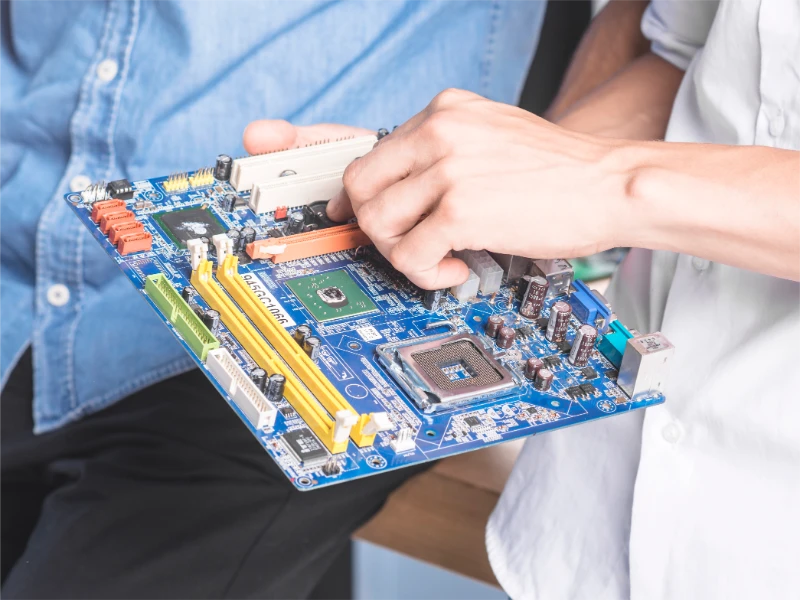- Advantest reports a surge in demand for high bandwidth memory (HBM) testers due to AI applications.
- HBM, a space-saving and power-efficient memory type, now accounts for about 50% of Advantest’s memory testing business.
- The company forecasts a 47% growth in annual sales for its memory segment, driven by complex chip testing needs.
OUR TAKE
Advantest and Teradyne dominate the semiconductor test equipment market with a combined market share of about 95%. While Advantest reported a substantial boost in its memory tester business benefiting from HBM needed in AI applications, Teradyne remains a formidable competitive given its wide product line. Therefore, the Japanese company still cannot slacken its pace in innovation.
–Audrey Huang, BTW reporter
Japan’s Advantest is experiencing a significant boost in its memory tester business, thanks to the booming demand for HBM used in artificial intelligence tasks. With HBM now constituting nearly half of its memory testing operations, Advantest is gearing up for a 47% surge in annual sales for this segment.
Advantest sees growth in HBM testing
Japan’s Advantest, a key player in the semiconductor testing industry, announced on Wednesday that the demand for high bandwidth memory (HBM) testers, crucial for AI applications, is significantly increasing its business. HBM, known for its space-saving and power-efficient design, is now a major component of Advantest’s memory testing portfolio, accounting for approximately 50% of its operations.
Also read: China launches $47.5B fund to boost semiconductor industry
Also read: Malaysia seeks $107B to lead in semiconductors
Forecasted sales surge for memory segment
The company is optimistic about its future in the memory testing sector, forecasting a robust 47% growth in annual sales. This projection is driven by the increasing complexity of chip components required for AI and other high-performance computing tasks, which necessitate extensive testing to ensure optimal performance.
Impact of Edge AI on testing needs
Edge AI involves performing AI tasks directly on local devices, reducing reliance on centralized data centres. This shift is expected to increase the complexity of devices, thereby requiring more sophisticated and extensive testing, a trend that Advantest is well-positioned to capitalize on.

